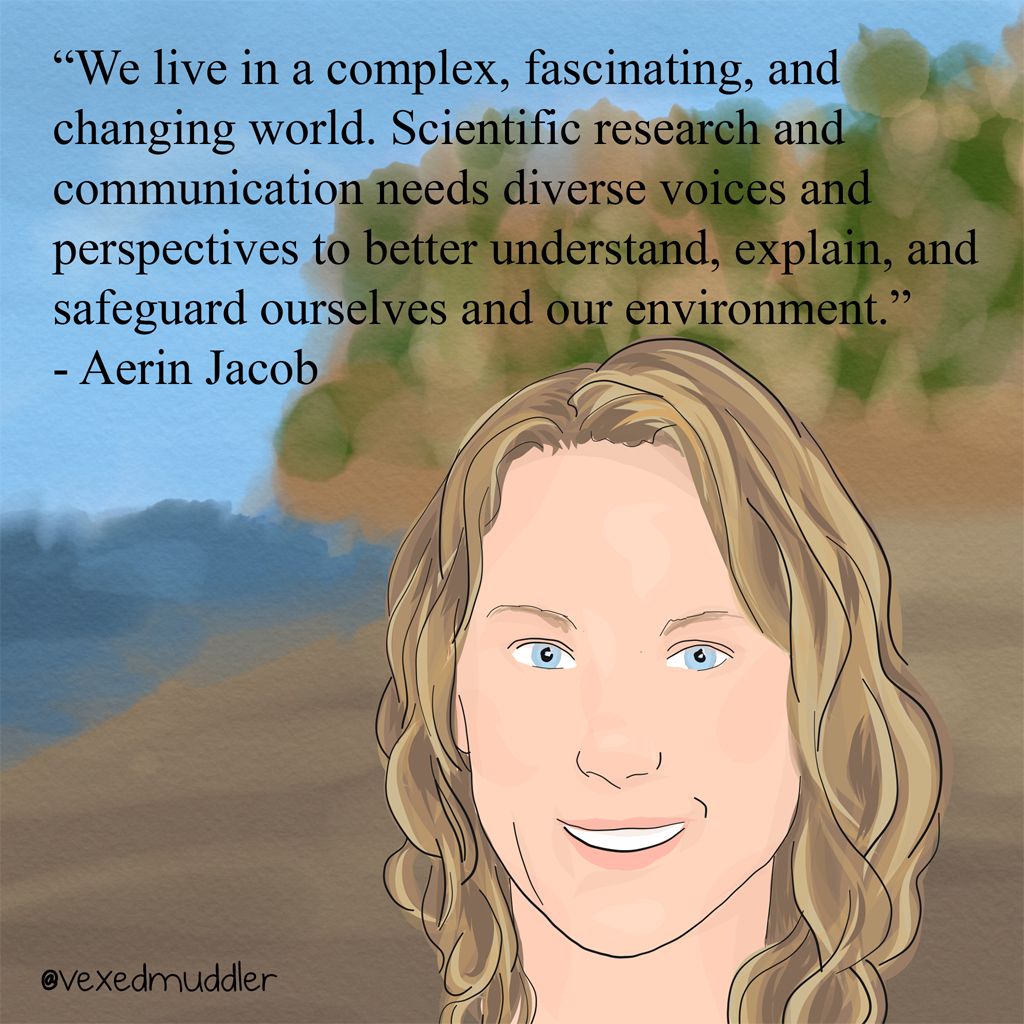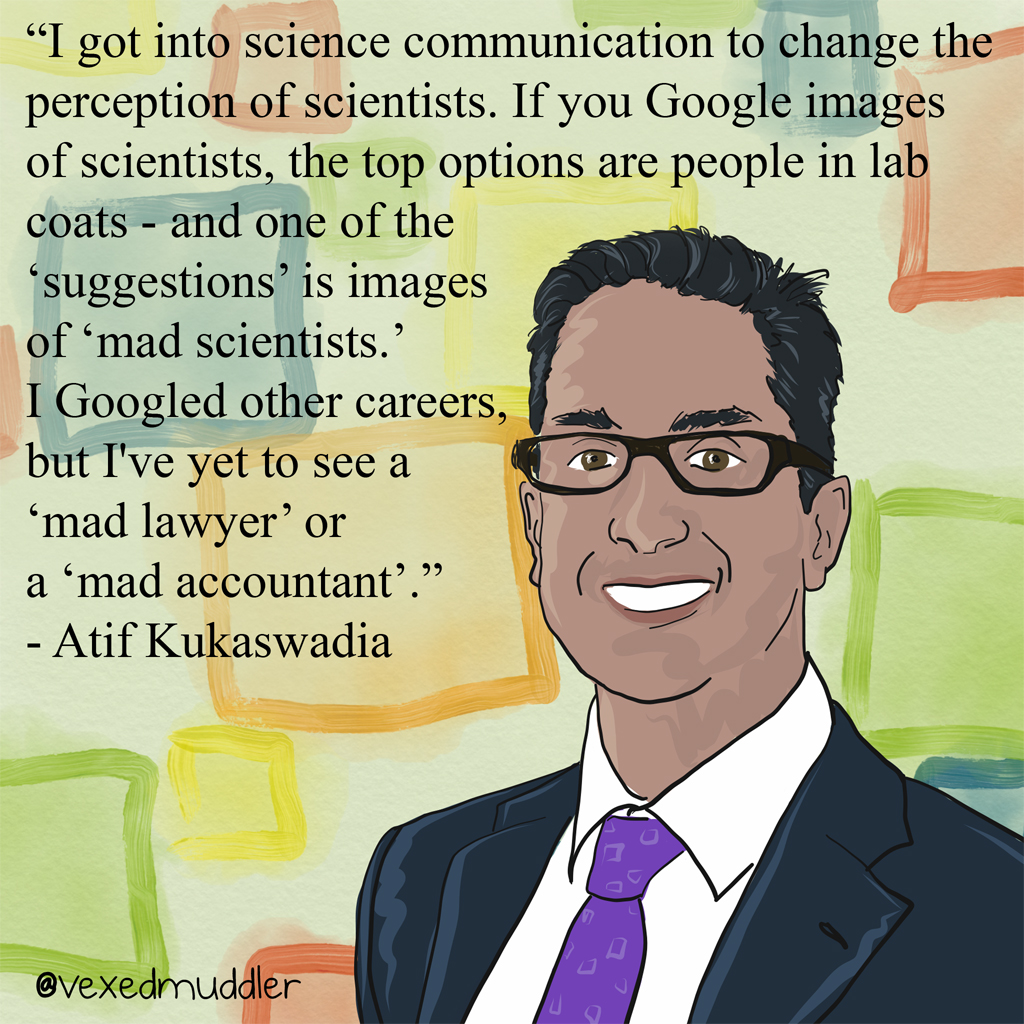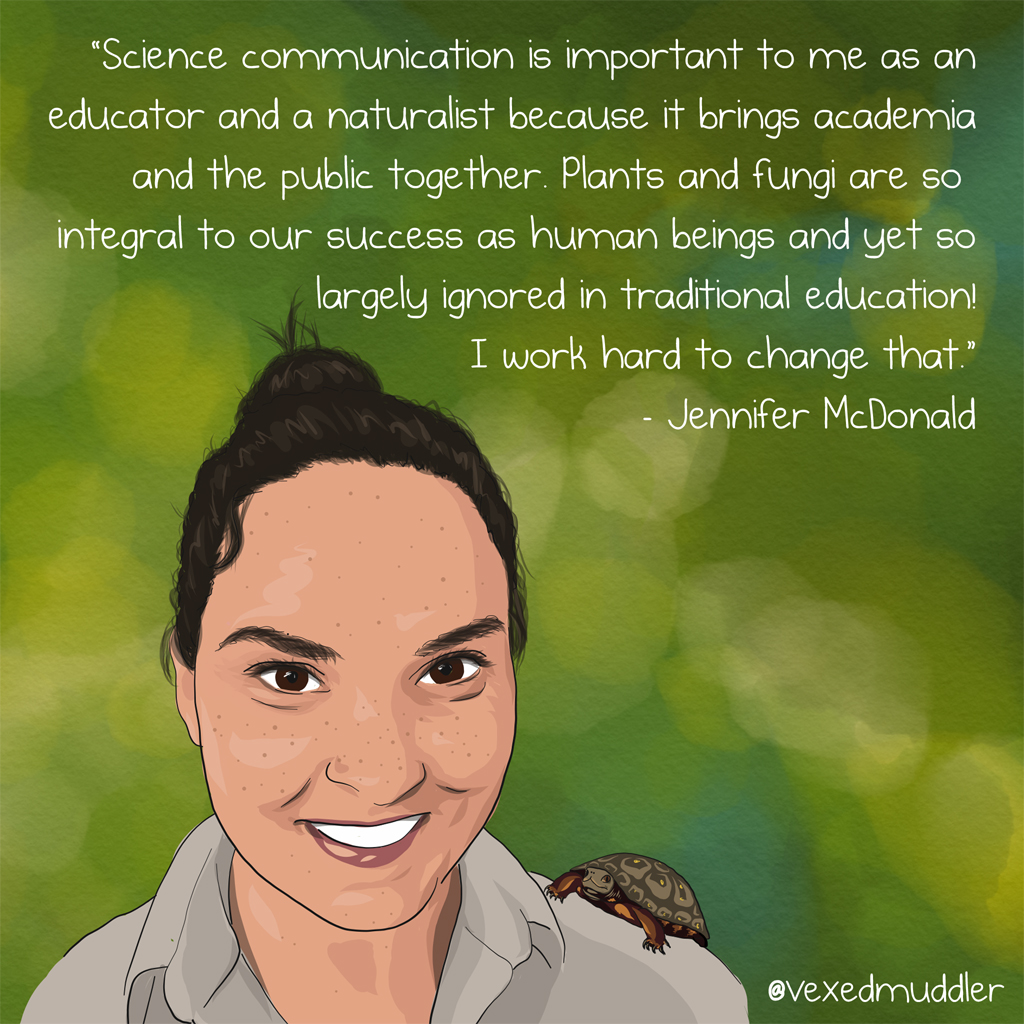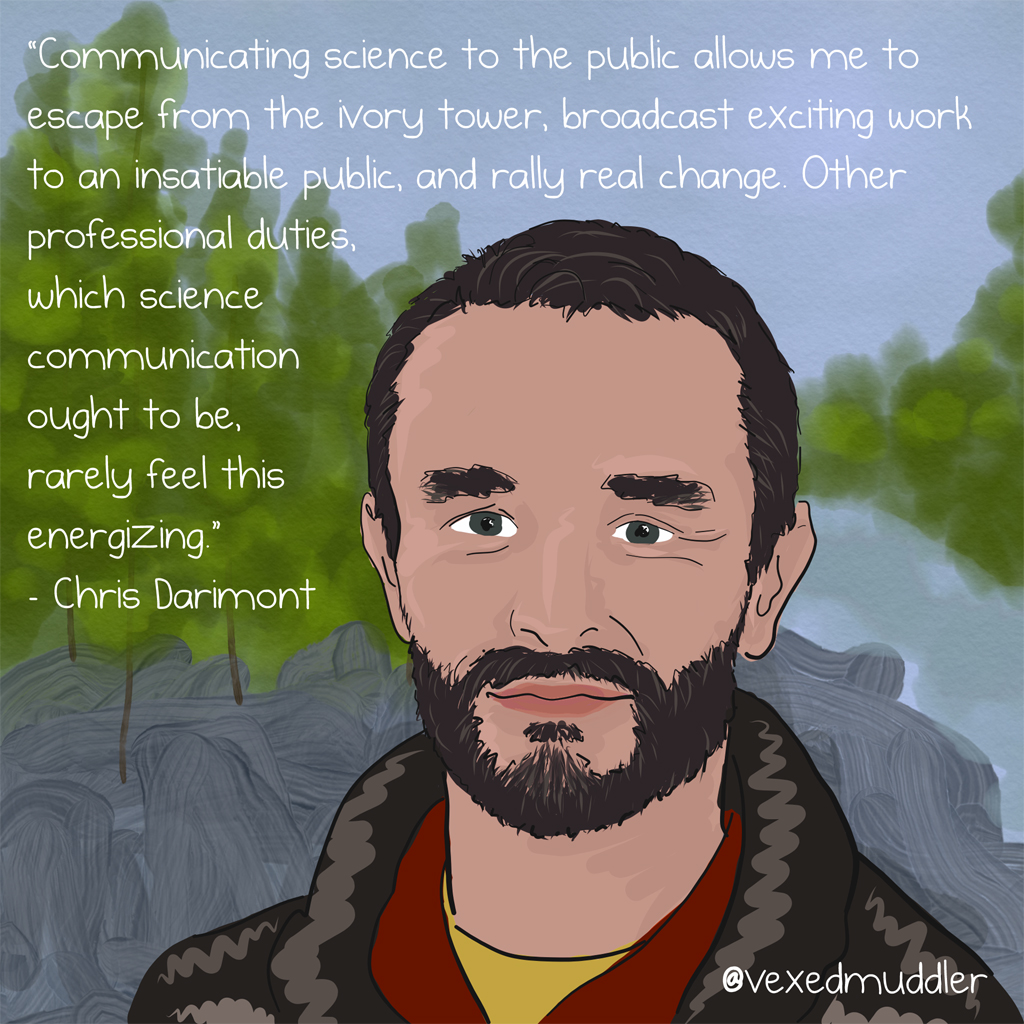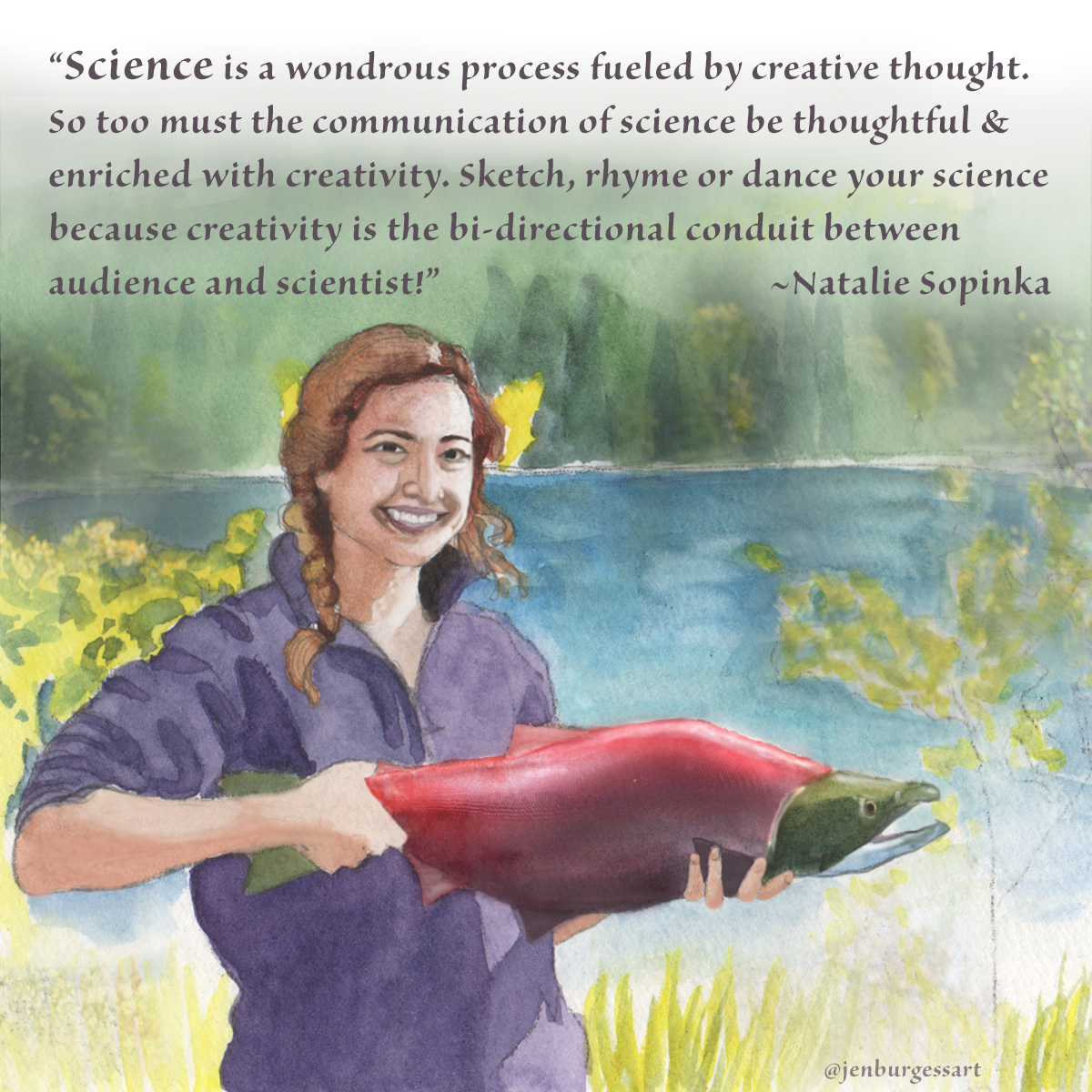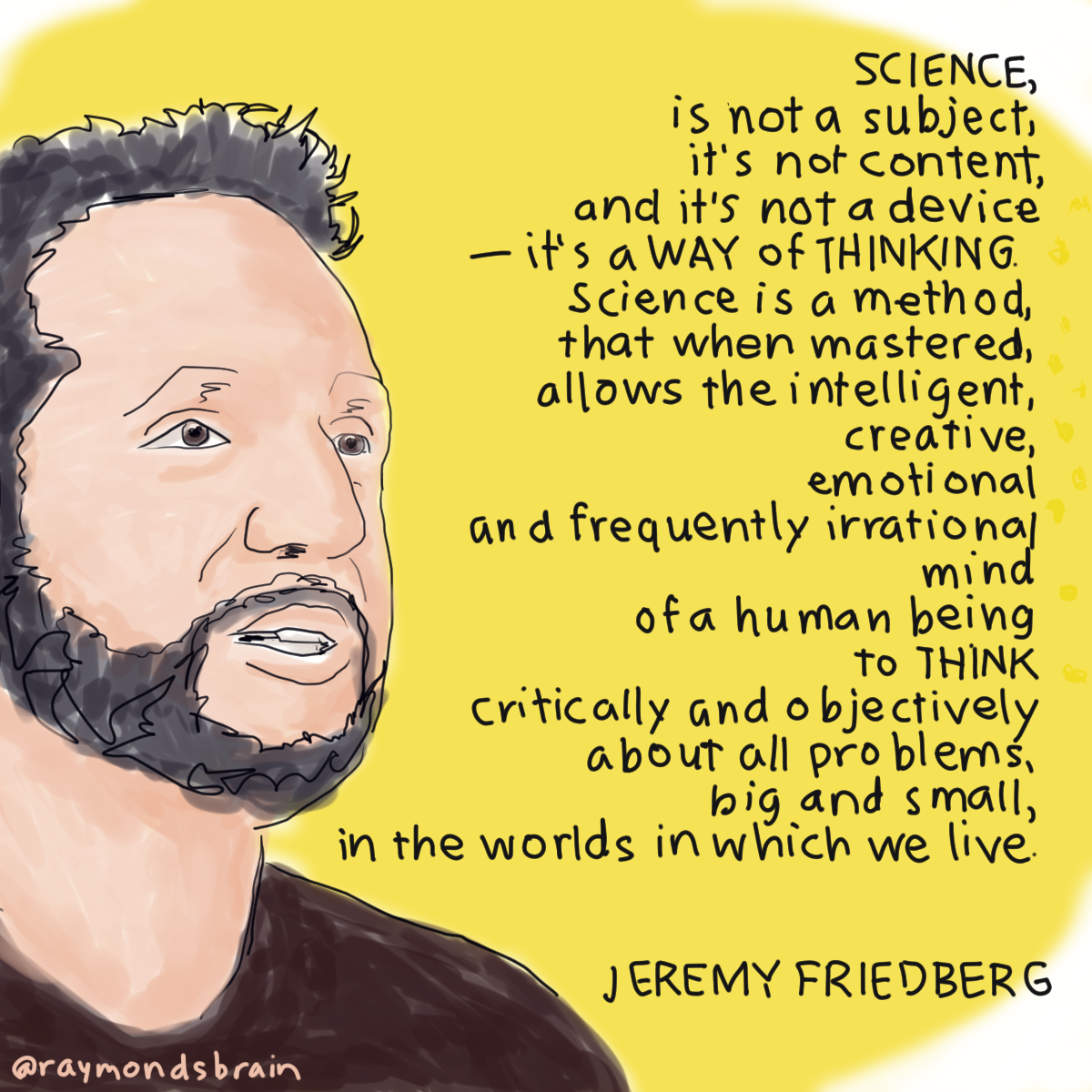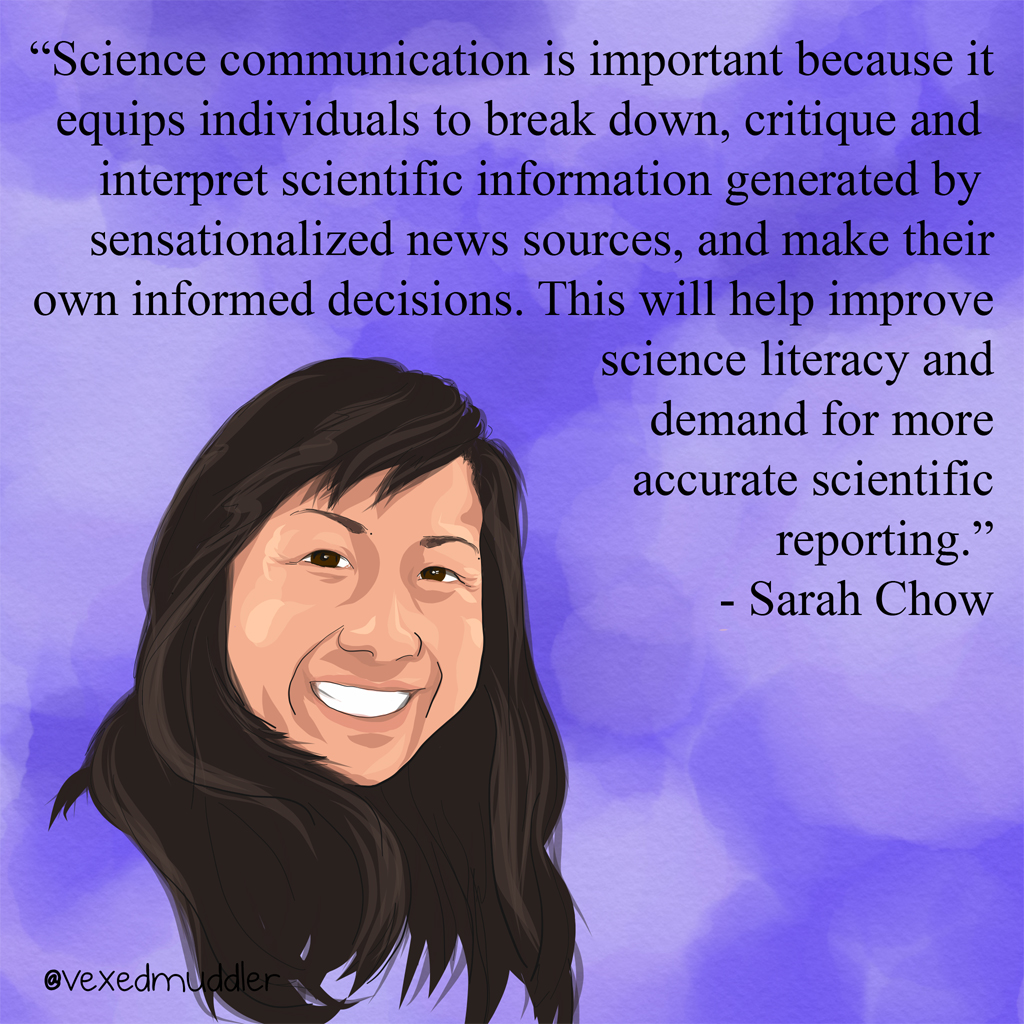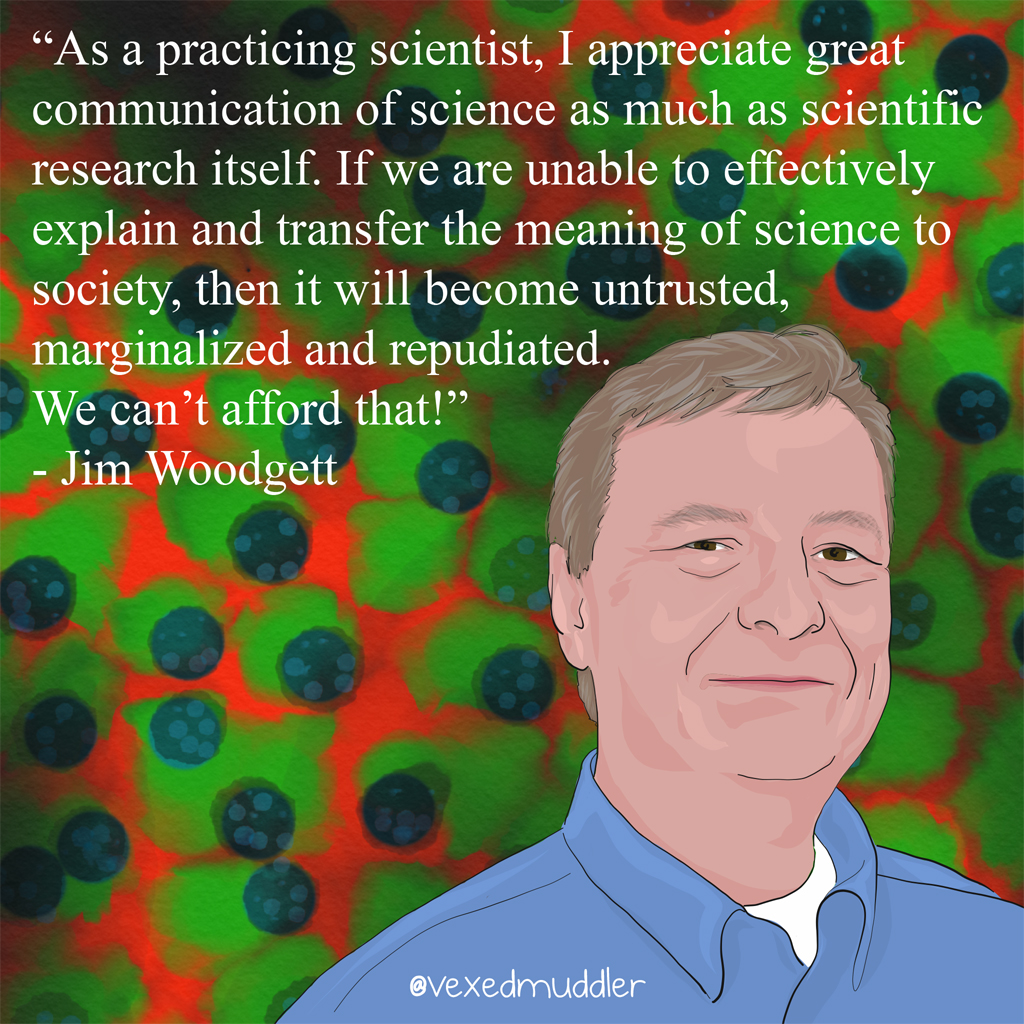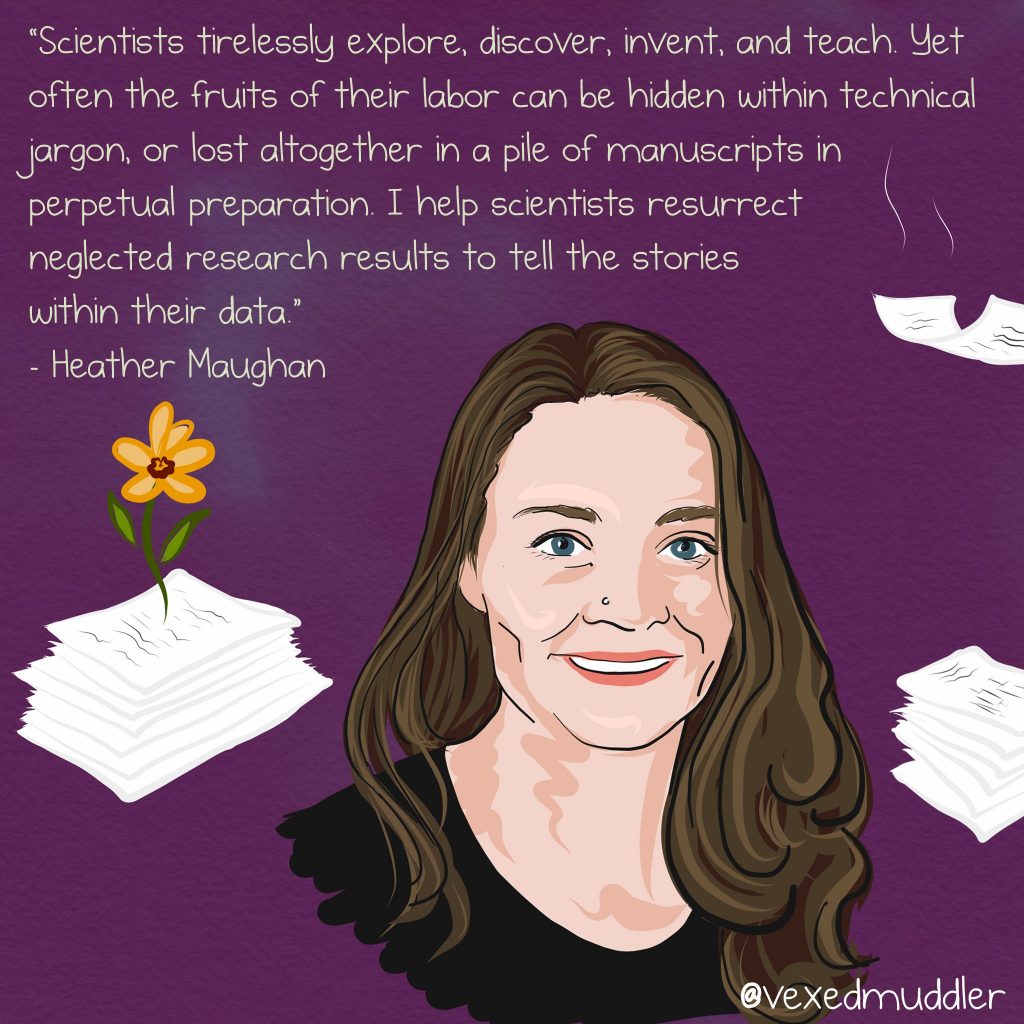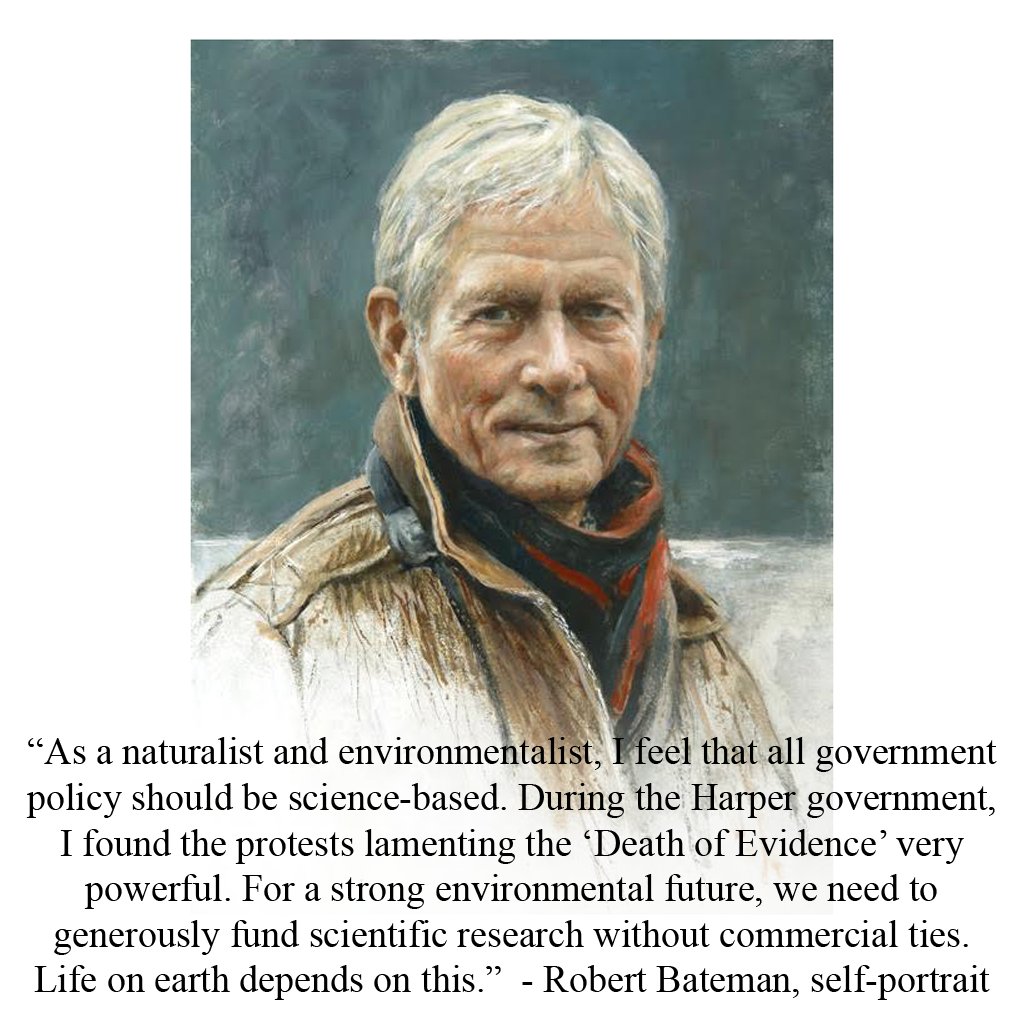Week 2 has been an exciting one for our “Reflections: 100 Voices for Canadian Science Communication” campaign. You all are making our Twitter stream and the #scicomm100 hashtag burn up with re-Tweets and chatter! And you’ve have hit our Facebook page with more activity than ever. Thank you to everyone who’s jumped on board with us.
And we’re pleased to see at least one blogger used our initiative as a launching point for discussion on who should be doing scicomm and whether it should be considered part of the job for researchers. Check out Stephen Heard‘s post here: SciComm, and who should do it
If you have blogged about #scicomm100 with your thoughts around science communications, let us know and we’ll link to your post in our next weekly recap.
Meanwhile, in case you missed our most recent Voices for Canadian Science Communications, here are the past week’s quotes and artwork.
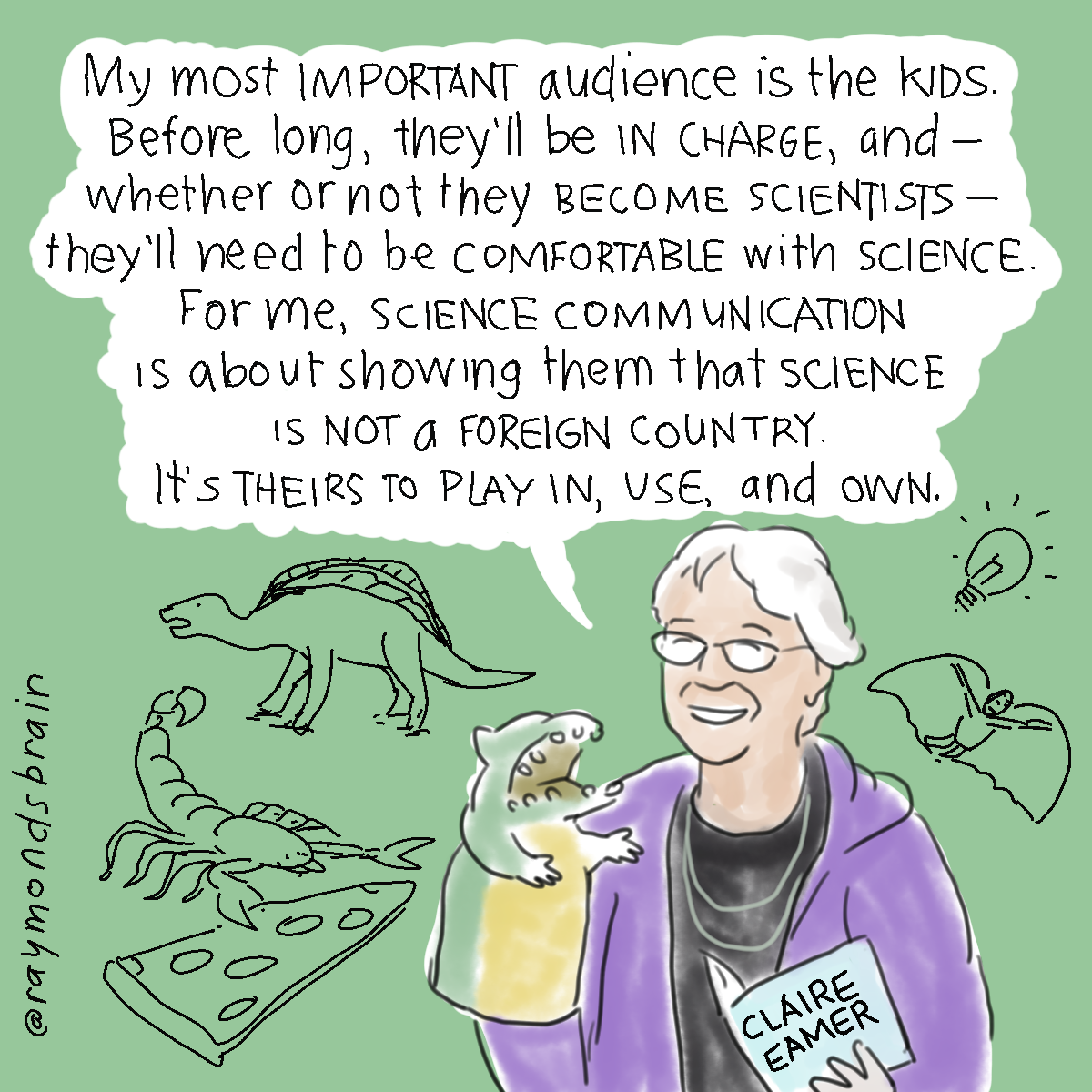
Claire Eamer image by Raymond Nakamura

Kirsty Duncan image by Jacques Goldstyn, Courtesy of Agence Science-Presse
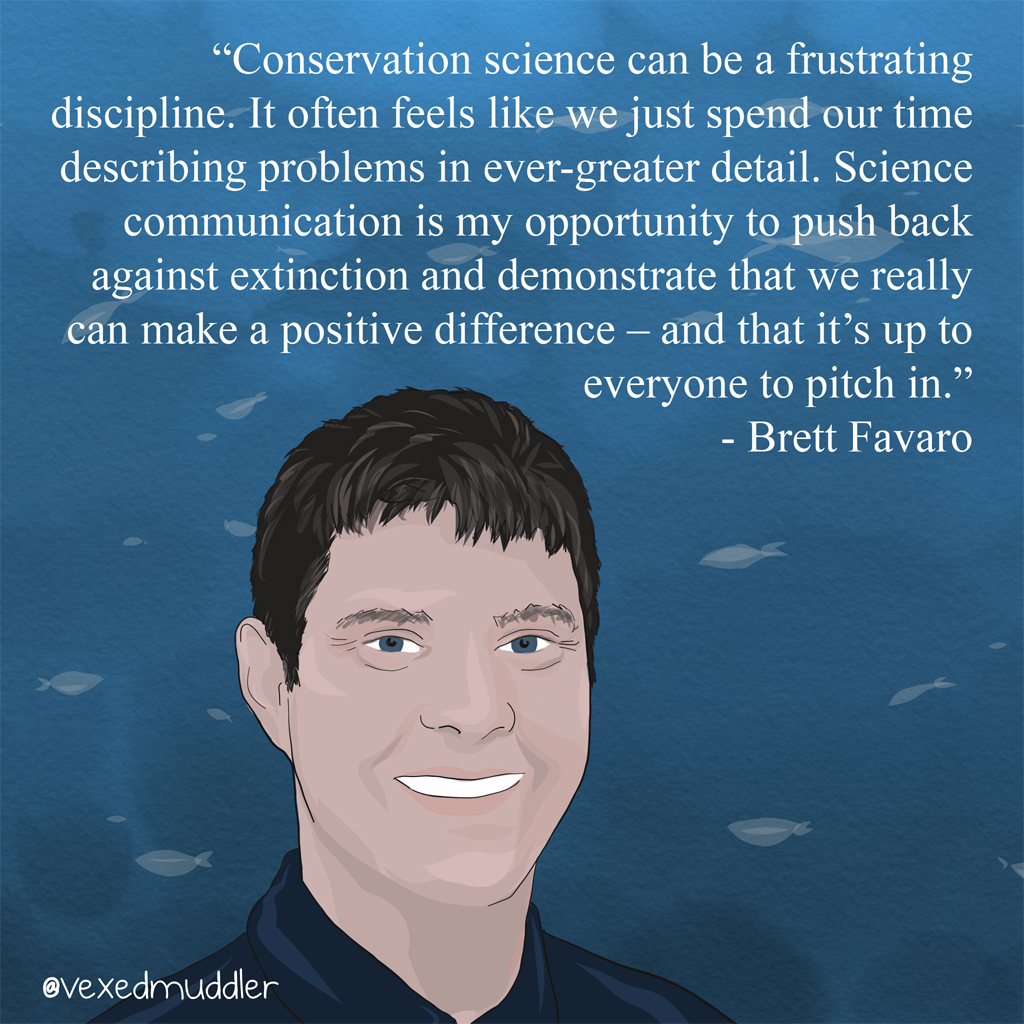
Brett Favaro image by The Vexed Muddler

Mary Anne Moser image by The Vexed Muddler
See the full collection in our Reflections: 100 Voices for Canadian Science Communication Gallery.
Meet this week’s artists: Robert Bateman, Jacques Goldstyn, Jen Burgess, Raymond Nakamura and The Vexed Muddler.

